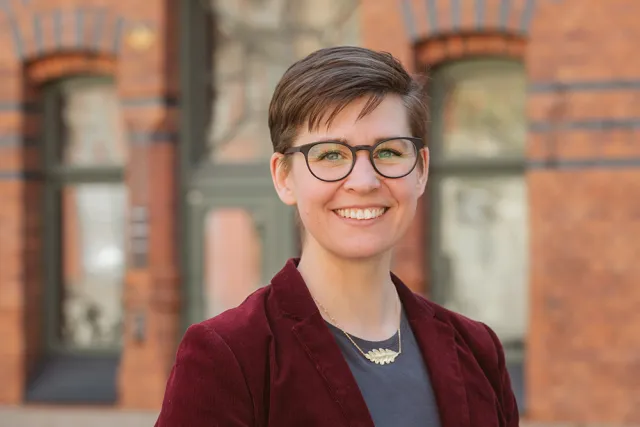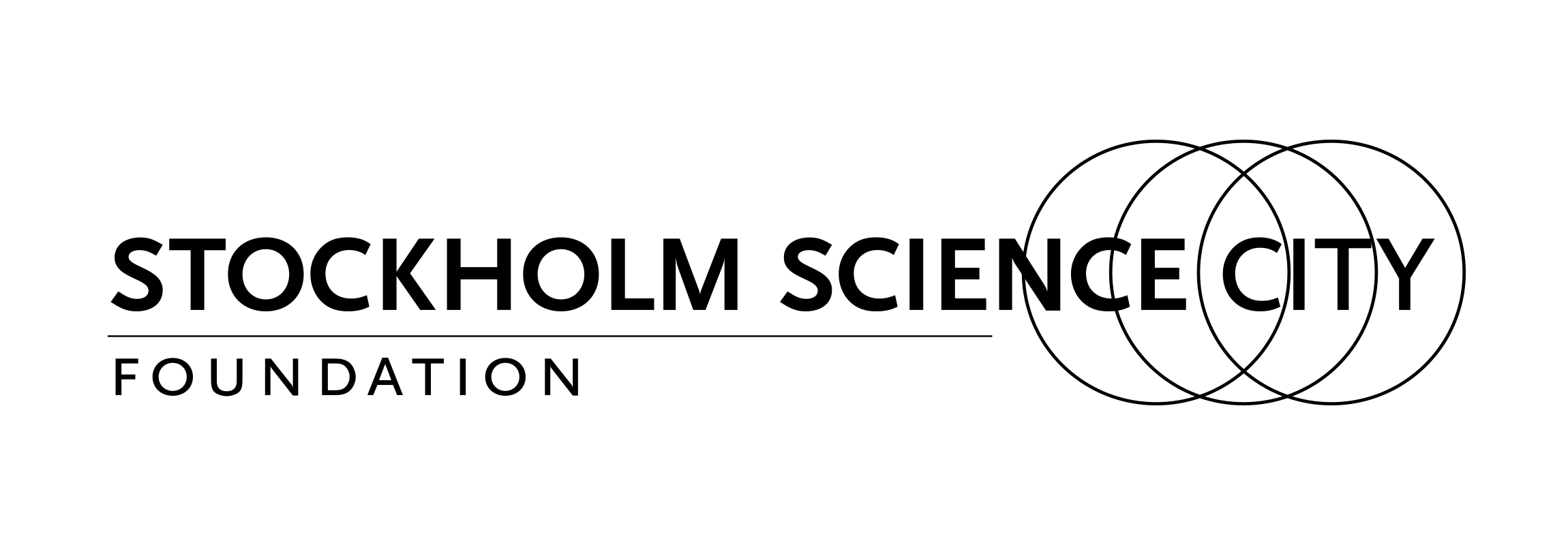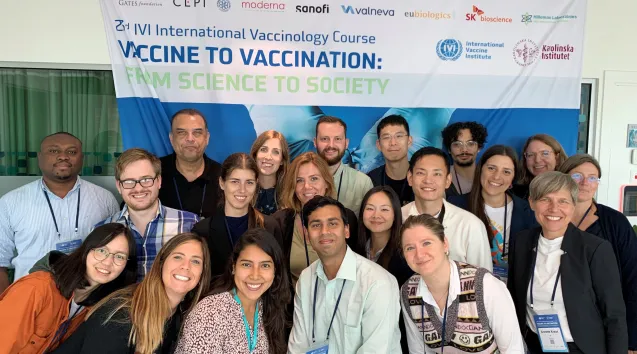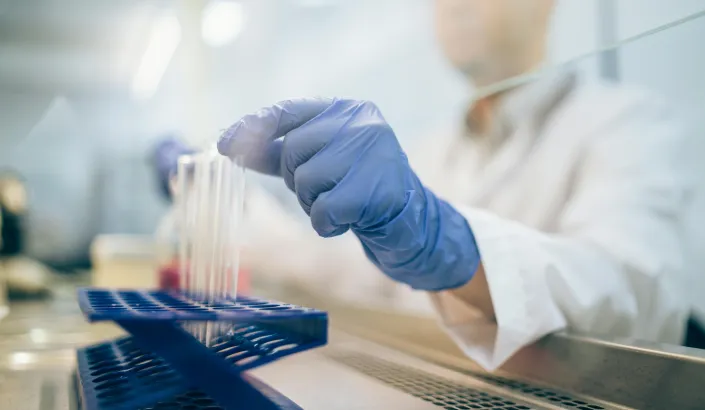Nurturing the next generation of life science talents

What does SwedenBIO do in this project?
– We constantly work at the interface of industry and academia to foster collaboration in research projects, as well as to ensure that education is in line with the needs of the industry. One year ago, we increased our efforts by taking a seat in the management group of the research school of the Data Driven Life Science (DDLS) programme. We have also acted as advisor in the design of new master and PhD programmes, says Maja Neiman, Science Director at SwedenBIO.
What was your goal?
– We wish to lower the thresholds between academia and industry. Our goals are to simplify for companies to find the correct competence, for students to find their first job, and to encourage collaborative and entrepreneurial mindsets among academic researchers, she says.
Any learnings you wish to share?
– It’s going very well in the cases where we have been involved. A major lesson learnt is that it’s often enough with a 30 min call to give a perspective of what the industry is looking for, to someone who is forming a new masters programme. The challenge is definitely to scale things up to ensure a national coverage and long term perspective. Up until now, I have been talking to one person from one division of one university at a time, says Maja Neiman.
Will SwedenBIO continue with it?
– Yes, SwedenBIO will definitely continue to improve academic-industry collaborations, and we are very proud to take part in the DDLS research school management team. However, we are always agile to improve our methods for more efficient work, she says.
What is the reaction from the talents and from companies?
– I got a question from an early stage PhD student from the DDLS research school: ”Why should we learn about innovation support and entrepreneurial routes so early in our studies?” And this question is key. If PhD students or academic scientists learn about entrepreneurship and patenting when they have results with high innovation potential, it’s too late. They need to keep this in the back of their minds to be able to grasp opportunities when they appear. And this was very appreciated by the students, says Maja Neiman.
– Our member companies are in general grateful that we represent the industry in the connection to the students, since small businesses struggle to find time for student outreach. The employer branding of the industry is very important.
SwedenBIO recently arranged the seminar “Unlocking Innovation: Best Practices for Corporate-Academic Partnerships” which is related to this.
What are your takehomes from the event?
– When going into detail, we realized that it’s often legal matters that slow down potential collaborations. For that reason, our IP working group has created a term sheet for simplifying the legal discussions when collaborating with academia.
– It’s also a matter of timelines. The DDLS research school has annual calls for PhD and postdoc projects, from both academia and industry. But the short time from the opening of the call until the deadline is challenging for companies. So we wish to talk about this early. We spread awareness that these opportunities are recurring, once a year, and it’s an amazing chance for industry to be involved in pushing the frontier of data driven life science.
Watch the seminar “Unlocking Innovation: Best Practices for Corporate-Academic Partnerships” >>
Current news from Stockholm Science City









